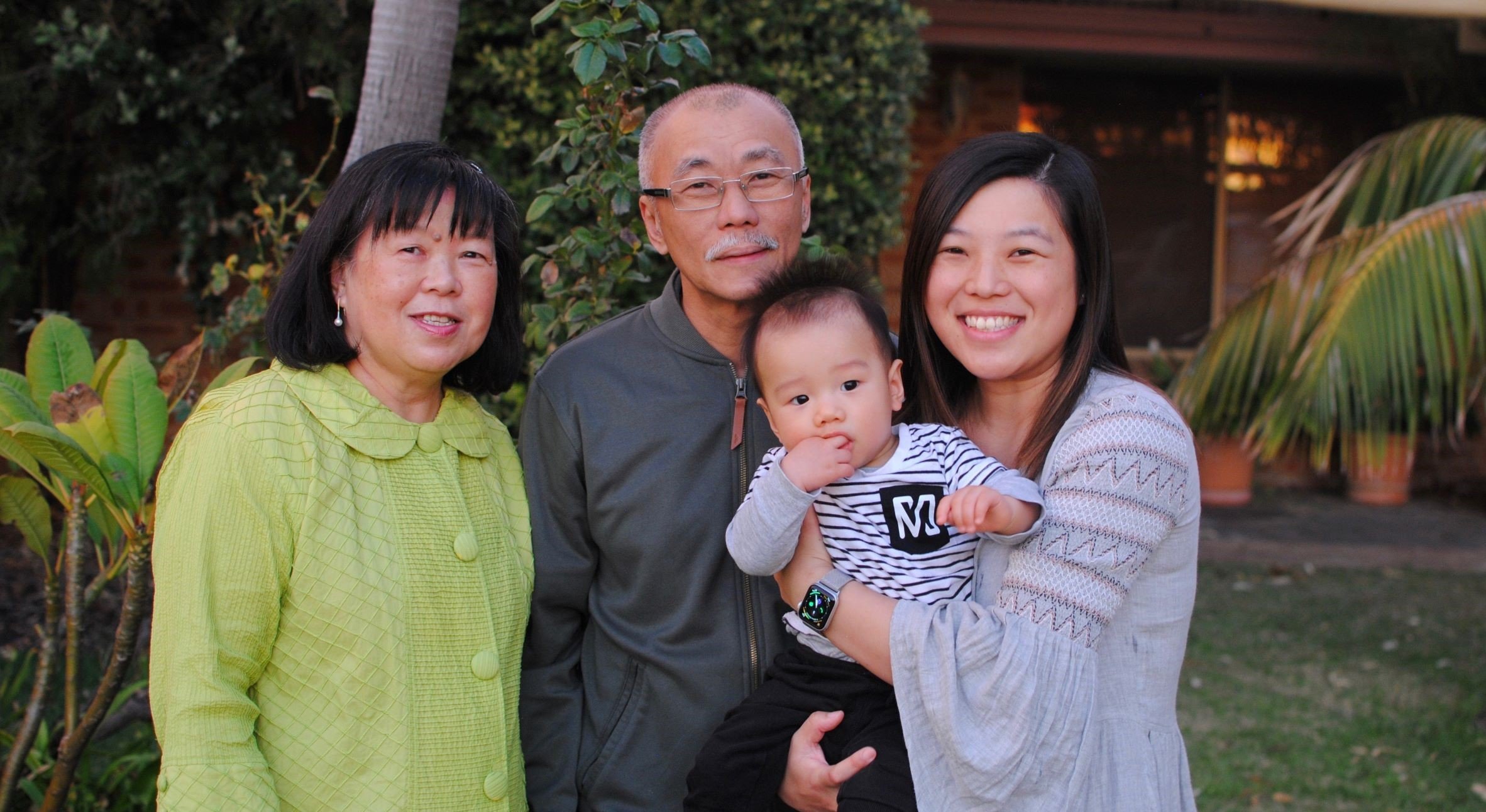Search
Research
What happens at two? Immunisation stakeholders’ perspectives on factors influencing sub-optimal childhood vaccine uptake for toddlers in regional and remote Western AustraliaIn Western Australia (WA), children aged 24 months living regionally or remotely (non-urban) have suboptimal vaccine uptake. As there has not yet been a systematic approach to understanding the facilitators and barriers to childhood vaccination in regional and remote WA, this study aimed to understand the views of key immunisation stakeholders regarding barriers and solutions.
Research
The Power of GenomicsDue to an advanced understanding of cancer biology and the rapid development of genomic technologies, cancer has shifted from 200 diseases based on pathology (i.e., what a tumor looks like under the microscope) to thousands of diseases based on molecular tumor profiles (i.e., what a tumor looks like when its altered genome is interrogated). Most cancers arise from alterations to the genome, including changes in the number or structure of chromosomes and variations in a single building block of the genetic code.
Research
Too far from care? A descriptive analysis of young Australian mental health aeromedical retrievalsYoung Australians living in rural and remote locations have poorer mental health outcomes and higher rates of self-harm and suicide than their major city counterparts. Significant service gaps and barriers exist in accessing general and youth-specific mental health services. With a lack of access, comes delays in treatment and associated poorer outcomes. This paper describes the characteristics of young people requiring an aeromedical retrieval (AR) for acute inpatient psychiatric care.
Research
Wet CoughA wet cough in a child for more than four weeks could indicate infection in the lungs. The wet cough is caused by mucus in the airway. The mucus becomes infected with bacteria and causes airway inflammation that can progress to permanent lung damage known as bronchiectasis.

A dramatic rise in food allergies over the past 20 years had Australian medical professionals scratching their heads, with three in every ten babies born each year developing food-related allergy or eczema.

Between 1989 and 1991, almost 3,000 WA babies were recruited to the Raine Study - an ambitious research project which would yield a series of paradigm-shifting findings that changed scientific thinking. Three decades on, it has also changed the lives of those taking part.
Research
Health behaviour change: Theories, progress, and recommendations for the next generation of physical activity researchAdaptive behaviour change is central to improving population health, yet poor adoption of health-enhancing behaviours contributes to noncommunicable diseases and so remains a global concern. Research on physical activity behaviour change has continued to expand and evolve since the turn of the millennium, guided by diverse theoretical approaches-from social cognitive theories, organismic dialectical approaches such as Self-Determination Theory, dual-process frameworks, and integrated practical models and taxonomies.
Research
Topical antibiotics for chronic suppurative otitis mediaChronic suppurative otitis media (CSOM), sometimes referred to as chronic otitis media, is a chronic inflammation and often polymicrobial infection (involving more than one micro-organism) of the middle ear and mastoid cavity, characterised by ear discharge (otorrhoea) through a perforated tympanic membrane. The predominant symptoms are ear discharge and hearing loss.
Research
What Do Food Business Owners and Managers Think About Enhancing the Nutritional Quality of Kids' Menus in Sit-Down Eating-Out-of-Home Venues?As the frequency of eating out-of-home among Australian families increases, concerns have arisen regarding the nutritional quality of Kids' Menus. This study investigated the views of food business owners and managers on Kids' Menus at sit-down venues, specifically factors influencing the choice of meals offered on Kids' Menus and potential initiatives for enhancing the nutritional quality of these menus.
Research
Interleukin-4 modulates type I interferon to augment antitumor immunityDespite advances in immunotherapy, metastatic melanoma remains a considerable therapeutic challenge due to the complexity of the tumor microenvironment. Intratumoral type I interferon (IFN-I) has long been associated with improved clinical outcomes. However, several IFN-I subtypes can also paradoxically promote tumor growth in some contexts.
